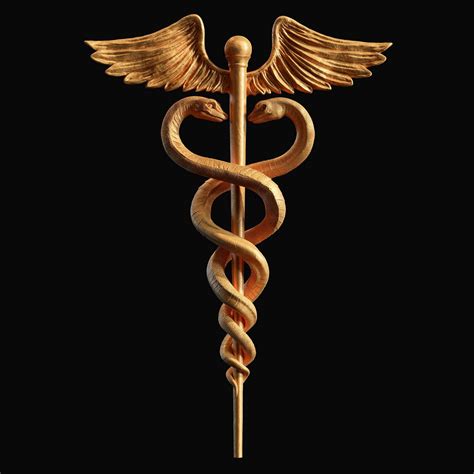What are common symptoms of low testosterone in men?

Understanding Low Testosterone (Hypogonadism)
Testosterone is a crucial male hormone, playing a vital role in puberty, fertility, muscle mass, bone density, and mood. As men age, it’s natural for testosterone levels to gradually decline, typically by about 1% per year after the age of 30. However, when these levels drop significantly below the normal range, it’s known as low testosterone or hypogonadism. This condition can affect men of all ages, though it’s more prevalent in older men, and can lead to a variety of noticeable symptoms that impact quality of life.
Recognizing these symptoms is the first step toward diagnosis and potential treatment, which can help alleviate discomfort and improve overall health. The symptoms of low testosterone can be subtle at first and often overlap with other health conditions, making a proper medical evaluation essential.

Sexual Symptoms
One of the most commonly recognized indicators of low testosterone relates to sexual function. Testosterone is key for male libido and sexual performance.
- Decreased Libido: Men with low T often experience a significant reduction in their sex drive, an effect that can be more pronounced than just age-related changes.
- Erectile Dysfunction (ED): While many factors can contribute to ED, low testosterone can play a role, making it difficult to achieve or maintain an erection.
- Reduced Semen Volume: Testosterone contributes to the production of semen. Lower levels can lead to a noticeable decrease in ejaculate volume.
Physical Changes
Low testosterone can manifest through several physical changes, affecting energy levels, body composition, and more.
- Fatigue and Decreased Energy: Feeling unusually tired, even after adequate sleep, is a common complaint. This persistent fatigue can significantly impact daily activities.
- Loss of Muscle Mass and Strength: Testosterone helps build and maintain muscle. Lower levels can lead to a noticeable decrease in muscle mass and strength, even with regular exercise.
- Increased Body Fat: Conversely, men with low T may experience an increase in body fat, particularly around the abdomen, and sometimes develop gynecomastia (enlargement of breast tissue).
- Decreased Bone Density: Testosterone plays a role in bone mineral density. Chronically low levels can contribute to osteoporosis, making bones more fragile and susceptible to fractures.
- Hair Loss: While balding is a natural part of aging for many men, low testosterone can contribute to hair loss, not just on the scalp but also on the face and body.

Emotional and Cognitive Symptoms
Beyond physical and sexual health, testosterone also influences mood and cognitive function.
- Mood Changes: Men with low testosterone may experience unexplained mood swings, irritability, or a general feeling of sadness.
- Depression: There is a strong link between low testosterone and symptoms of depression, including a lack of interest in activities, hopelessness, and low self-esteem.
- Difficulty Concentrating: Some men report trouble focusing, memory problems, or a decline in cognitive function.
Other Potential Symptoms
Other less common but significant symptoms can also point to low testosterone.
- Sleep Disturbances: Insomnia or other sleep pattern disruptions can be associated with low T levels.
- Anemia: Testosterone contributes to red blood cell production. In some cases, low testosterone can lead to a mild form of anemia.

When to Seek Medical Advice
If you are experiencing several of these symptoms, particularly if they are persistent and affecting your quality of life, it’s important to consult a healthcare professional. A simple blood test can measure your testosterone levels. Based on your symptoms and test results, your doctor can determine if low testosterone is the cause and discuss appropriate treatment options, which may include lifestyle changes, testosterone replacement therapy, or addressing underlying health conditions.
Ignoring symptoms of low testosterone can lead to a decline in physical and mental well-being over time. Early diagnosis and management can help mitigate these effects and improve overall health outcomes.

Conclusion
Low testosterone in men can manifest through a complex array of symptoms, ranging from noticeable changes in sexual function and physical appearance to more subtle shifts in mood and cognitive ability. Recognizing these signs is crucial for identifying the condition. While age plays a factor, low T can affect men at various stages of life. If you suspect you may have low testosterone, consulting a doctor for proper diagnosis and discussion of treatment options is the best course of action to regain vitality and improve your overall health and well-being.










